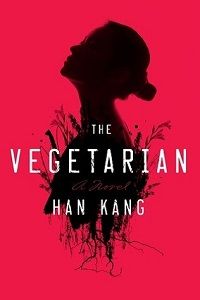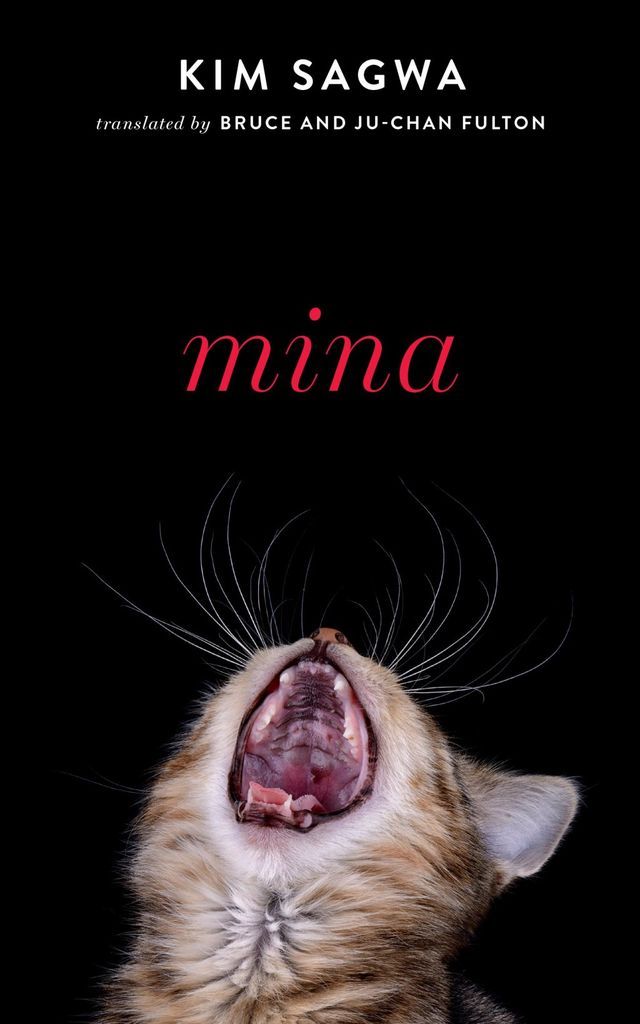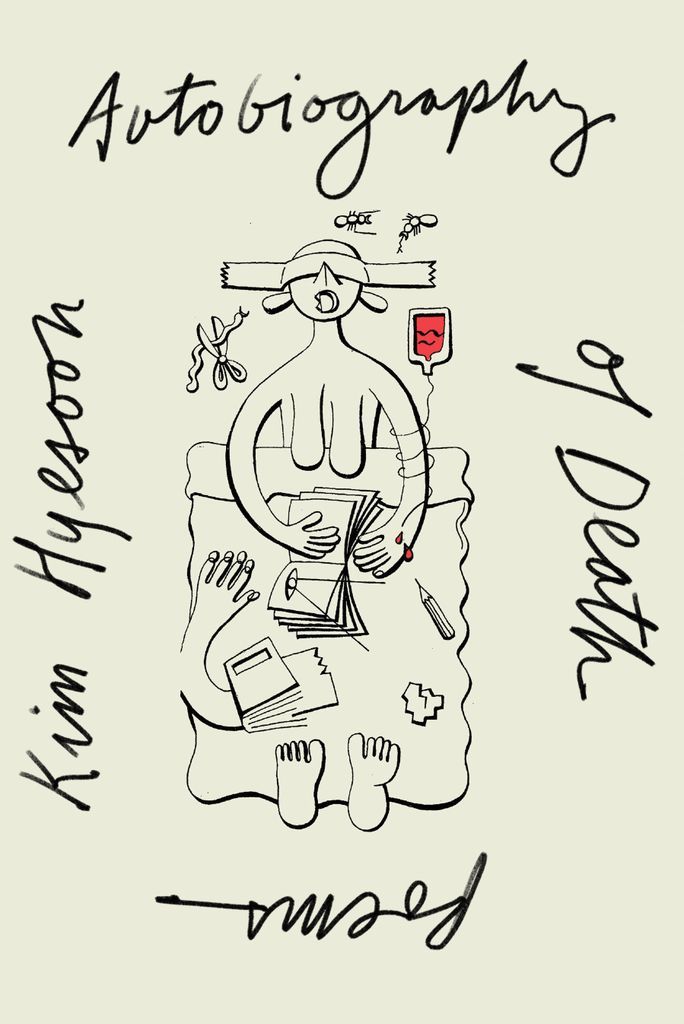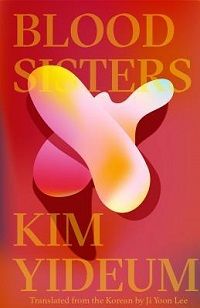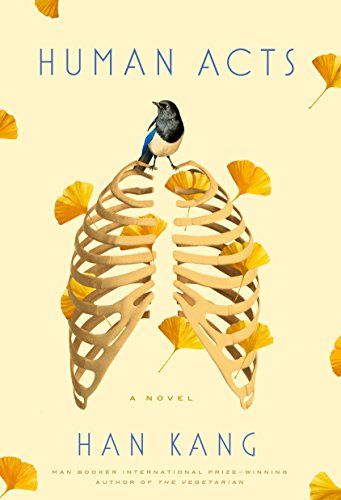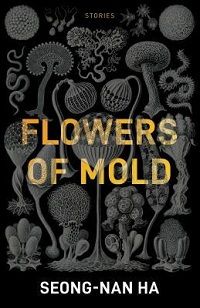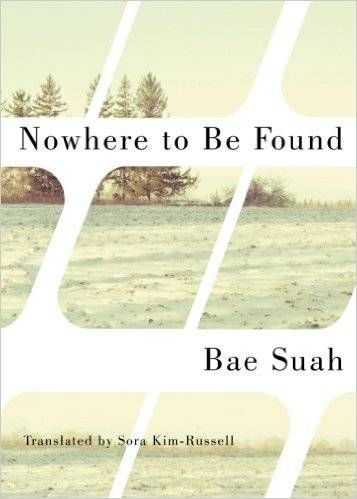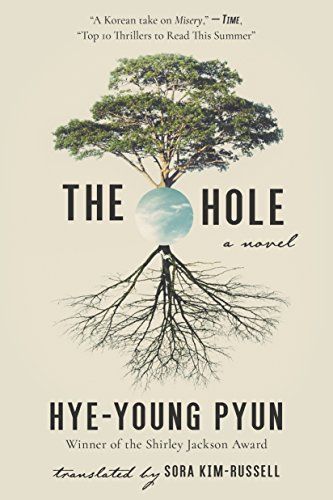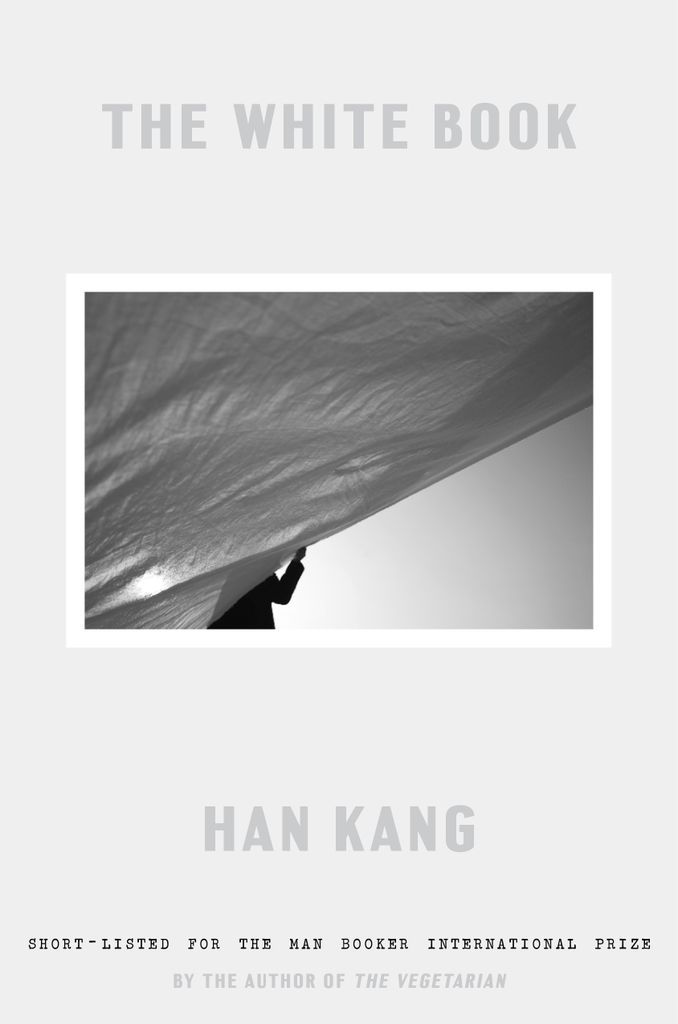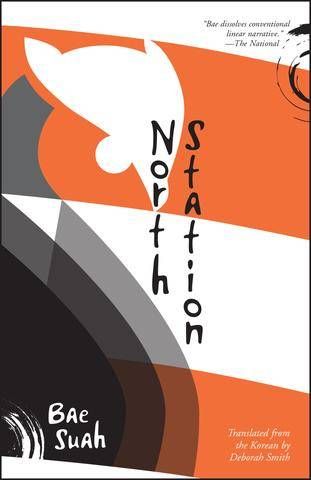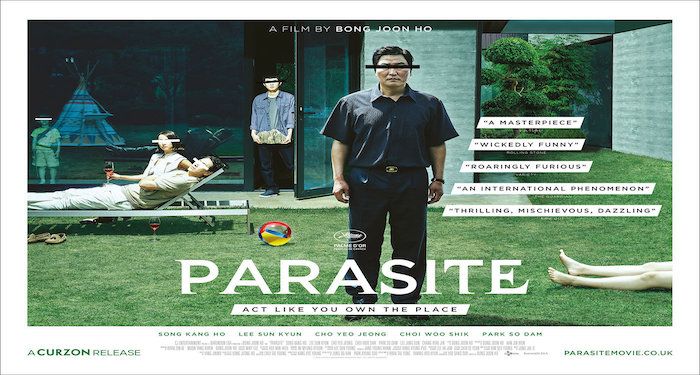
10 Works of Korean Literature in Translation for Fans of Parasite
If you loved the critically acclaimed and astonishing film Parasite—directed by Bong Joon-ho, with a screenplay cowritten by Bong Joon-ho and Han Jin-won—and you’re looking for more great Korean artistry to scratch that itch, look no further than the incredible books in translation coming out of South Korea right now. Many of these novels have themes similar to the ones explored in Parasite, some capture the tone and mood of the film, and others feel quite different but have the genius, the same ingenuity of Parasite.
 The Vegetarian by Han Kang, translated by Deborah Smith
The Vegetarian by Han Kang, translated by Deborah Smith
I love Man Booker International Prize winner The Vegetarian by Han Kang and it’s a great place to start this list. It’s a beautiful and provocative story about a woman, Yeong-hye, who begins to have horrible nightmares of blood and carnage, and in order to clear her mind and rid herself of these dreams she becomes a vegetarian. The story becomes one of control and power as her husband and family try to break her into submission, back into the norms of Korean society. To further emphasize her lack of control, Yeong-hye’s own story is told by others, in three parts, first by her husband, then her brother-in-law, and finally by her sister. It’s a dark, fascinating book that you won’t be able to stop thinking about it.
 Mina by Kim Sagwa, translated by Bruce and Ju-Chan Fulton
Mina by Kim Sagwa, translated by Bruce and Ju-Chan Fulton
Author and translator Don Lee Choi calls Kim Sagwa “South Korea’s young, brilliant, fearless writer” and it’s hard to argue after reading Sagwa’s shocking and powerful debut, Mina. Sagwa captures all that’s complicated about adolescence in Mina but goes further, portraying a disaffected generation cracking under the pressures of perfection and the drive for success in a time that could only be our own. If you want more Kim Sagwa, pick up her newest release (also about young adults) B, Book, and Me translated by Sunhee Jeong.
 Autobiography of Death by Kim Hyesoon, translated by Don Mee Choi
Autobiography of Death by Kim Hyesoon, translated by Don Mee Choi
“While I was writing these poems, I was probably possessed by a ghost, listening to death, then I held death in my hand and entered the house of death.” In 49 poems—one for each day that the spirit roams after death before it enters the cycle of reincarnation—Kim Hyesoon writes of death, tragedy, and trauma. Powerful and haunting, this collection translated by Don Mee Choi “gives voice to those unjustly killed during Korea’s violent contemporary history” and grapples with the “structure of death” that we’re all living in, individually and collectively. Complete with striking drawings by Fi Jae Lee and a fascinating interview and translator’s note that captures the fierce intelligence of both author and translator, Autobiography of Death feels like one of the most important books I’ve ever read.
 Blood Sisters by Yideum Kim, translated by Jiyoon Lee
Blood Sisters by Yideum Kim, translated by Jiyoon Lee
Blood Sisters, the debut novel from celebrated poet Kim Yideum, tells the story of Jeong Yeoul, a college student coping with the aftermath of the violent suppression of student demonstrations in South Korea. With painfully honest and vivid prose, Yideum paints the picture of the environment Jeong Yeoul faces. It’s an all too familiar narrative, the mistreatment and devaluation of women and the constant threat of sexual violence. In the midst of this undercurrent of unrest, Jeong Yeoul is trying to figure out who she is and who she wants to be—a thought provoking and powerful novel.
 Human Acts by Han Kang, translated by Deborah Smith
Human Acts by Han Kang, translated by Deborah Smith
In the midst of a student uprising, a young boy is killed. His story and the events following the uprising are told in a series of narratives—each chapter from a different perspective: his best friend, his heartbroken mother, a factory worker, an editor facing down government censorship. Together these narratives form a fictionalized account of the South Korean Gwangju Uprising in 1980. Horrific and brutal, Human Acts is not for the faint of heart but it is so beautifully written. I would pair reading it with another book on this list, Autobiography of Death by Kim Hyesoon and translated by Don Mee Choi, a poetry collection that also touches on issues of trauma and history.
 Flowers of Mold & Other Stories by Seong-Nan Ha, translated by Janet Hong
Flowers of Mold & Other Stories by Seong-Nan Ha, translated by Janet Hong
“If you’re looking for a book that will make you gasp out loud, you’ve found it.” So says Kirkus and dozens of other publications and reviewers who can’t stop talking about Flowers of Mold, myself included. Unnerving, haunting, captivating, these ten stories follow ordinary characters going about their lives—they have a nightmare, lend their neighbor a spatula, or find out their landlord wants to sell their building. But something disturbing lies just below the surface. One small crack and everything’s unleashed. “The latest in the trend of brilliant female Korean authors to appear in English, Ha cuts like a surgeon, and even the most mundane objects become menacing and unfamiliar under her scalpel.” And stay tuned for Bluebeard’s First Wife, another collection by Seong-Nan Han and translated by Janet Hong that comes out in June.
 Nowhere to Be Found by Bae Suah, translated by Sora Kim-Russell
Nowhere to Be Found by Bae Suah, translated by Sora Kim-Russell
Nowhere to Be Found follows a nameless narrator’s search not for meaning, but for meaninglessness, in contemporary South Korea. Bae Suah’s young narrator describes her empty existence as she travels through life, barely moved by the disintegrated state of her family and her own poverty and loneliness. Translator Sora Kim-Russell describes it as “a road novel turned inside out, a story of a woman’s journey out of and into desire told as only Bae Suah could tell it.” Blurred descriptions of a life full of trivial banalities are thrown against dark, sadomasochistic sex scenes. The abrupt shifts are disorienting and Suah breaks boundaries, constantly, between recollection and memory, facts, and fiction.
 The Hole by Hye-Young Pyun, translated by Sora Kim-Russell
The Hole by Hye-Young Pyun, translated by Sora Kim-Russell
In this intense, psychological thriller, Oghi has woken up in the hospital after a car accident that took his wife’s life and left him severely injured and incapacitated. His mother-in-law becomes his caretaker and moves him home, only to neglect him as she throws herself into digging a hole, a giant pit, in the front yard, where her daughter’s beloved garden once thrived. Here the genius of the book becomes fully evident, as Hye-Young Pyun creates a fast-paced and all consuming story with a bedridden narrator. Unable to move or communicate, Oghi searches desperately for a way to escape while also going over the difficult truths of his life and marriage—truths his mother-in-law is now well-aware of. A novel of secrets, isolation, and grief, The Hole is a tightly-executed feat of writing.
 The White Book by Han Kang, translated by Deborah Smith
The White Book by Han Kang, translated by Deborah Smith
Han Kang has followed up her Booker Prize–winning novel The Vegetarian with some truly astonishing books, including Human Acts and the much-anticipated The White Book, her newest release. While on a writer’s residency, a nameless narrator reckons with the death of her older sister, who died only a few hours old and left an inedible mark on the narrator and her family. She writes about this tragedy in a series of unique and profound reflections “through the prism of the color white.” The White Book is a gorgeous and startling meditation on death and grief.
 North Station by Bae Suah, translated by Deborah Smith
North Station by Bae Suah, translated by Deborah Smith
Bae Suah is one of the hottest, most experimental voices coming out of South Korea right now. She’s published numerous novels (including Nowhere to Be Found, also on this list) and short story collections and has won several prestigious awards. Suah is heavily influenced by her work as a translator, having translated several books from German, including works by W.G. Sebald, Franz Kafka, and Jenny Erpenbeck. North Station, translated by Deborah Smith, is a collection of stories that embodies all that Suah is known for in her writing—subverting time and narrative, intellectually stimulating questions of art and life, and epically gorgeous writing.
Looking for more great international literature in translation? Check out our In Translation category.


